Mount Etna, the Italian island of Sicily's tallest peak, exploded early Monday morning, spewing plumes of thick ash and throwing up volcanic material over its Southeast craters. The eruption was also punctuated by a series of powerful explosions that escalated in strength, according to Italy's National Institute of Geophysics and Volcanology (INGV).
The eruption, while dramatic in photographs and videos, caused minimal disturbance. Flights at the Sicilian airports remained unaffected. Etna, one of the most active volcanoes in the world, frequently erupts but rarely causes serious damage or injuries.
Volcanism and Eruption Dynamics
The eruption had started on the south-eastern flank of the volcano, near a 200m-wide summit crater, according to the INGV. There had been hints of ground movements that suggested activity in this area before the eruption happened. Video footage taken on Monday of a pyroclastic flow, a fast-moving tide of ash, gas and rocks, was seen descending the side of the volcano.
Geologists think the flow was a partial collapse of the volcano's cauldron. The volcanic material has so far not reached beyond the Valley of the Lion, the landmark where tourist visits normally stop. Although pyroclastic flows are hazardous, there is no imminent danger here.
Characteristics of the The Eruption, Status of Air Traffic
Activity was observed around 00:39 local time (22:39 GMT), INGV said, and a "Strombolian" eruption was in progress. Strombolian eruptions are itself explosions which are triggered by the bursting of gas bubbles rising in the magma as it becomes closer to the surface. Such explosions can send material into the air and — if ejected high enough — become a risk to airplanes.
A red alert was issued earlier in the day, which probably delayed some nearby flights, but then this was downgraded after conditions stabilized. Mount Etna saw a major eruption in February as machine guns of ash cloud were blasted into the sky and flights were diverted after Sicily's biggest natural attraction blew its top earlier this year.
PREV NEWS
NEXT NEWS

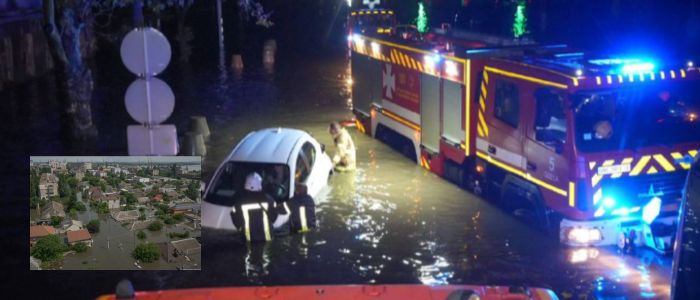

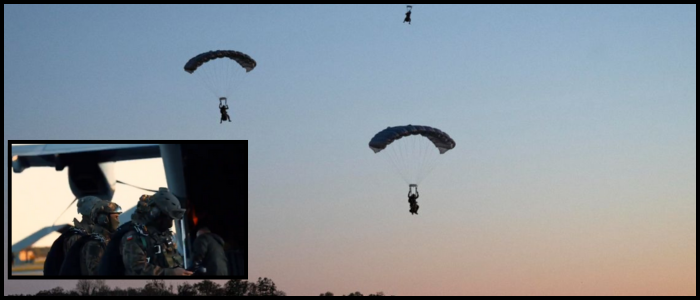
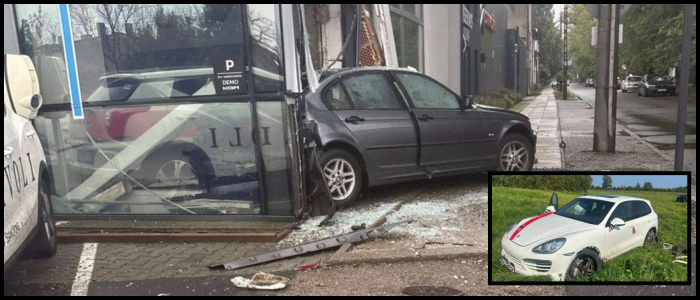
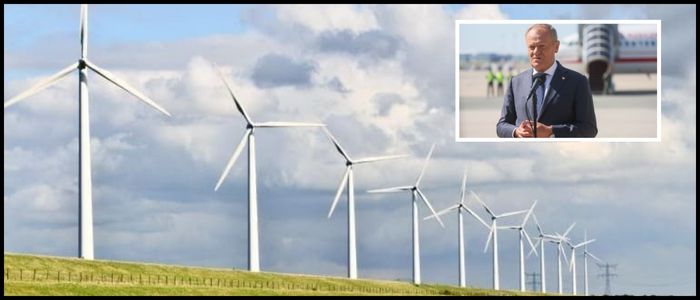
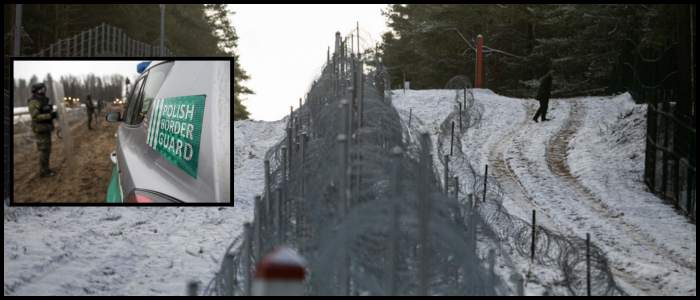
BY Nikodem Baran

BY Iwo Mazur

BY Iwo Mazur

BY Oskar Malec

BY Oskar Malec
Uwielbiamy pliki cookie — zarówno te jadalne, jak i cyfrowe, które ulepszają Twoje wrażenia z przeglądania. Pomagają nam one udoskonalać funkcjonalność naszej witryny i Twoje ogólne wrażenia. Podstawowe i funkcjonalne pliki cookie są niezbędne do prawidłowego działania witryny i nie można ich wyłączyć. Ponadto używamy plików cookie w celu optymalizacji wydajności („komfort”) i wyświetlania spersonalizowanych reklam („marketing”), na co potrzebujemy Twojej zgody. Kliknij „Zezwól na wszystkie”, aby wyrazić zgodę na przetwarzanie danych. Uwielbiamy pliki cookie — zarówno te jadalne, jak i cyfrowe, które ulepszają Twoje wrażenia z przeglądania. Pomagają nam one udoskonalać funkcjonalność naszej witryny i Twoje ogólne wrażenia z przeglądania. Podstawowe i funkcjonalne pliki cookie są niezbędne do prawidłowego działania witryny i nie można ich wyłączyć. Ponadto używamy plików cookie w celu optymalizacji wydajności („komfort”) i wyświetlania spersonalizowanych reklam („marketing”), na co potrzebujemy Twojej zgody. Kliknij „Zezwól na wszystkie”, aby wyrazić zgodę na przetwarzanie danych.
Twoja zgoda obowiązuje również na mocy art. 49 (1) (a) RODO, co oznacza, że Twoje dane mogą być tymczasowo przetwarzane poza EOG, w tym w USA. W takich przypadkach wysokie europejskie standardy ochrony danych mogą nie być w pełni zagwarantowane, a władze USA mogą uzyskać dostęp do Twoich danych bez skutecznego środka prawnego. Możesz wycofać swoją zgodę w dowolnym momencie.
PrywatnośćWarunki korzystania z serwisu
Możesz zarządzać swoimi preferencjami dotyczącymi plików cookie lub wycofać zgodę w dowolnym momencie za pośrednictwem naszych ustawień plików cookie. Aby uzyskać więcej informacji, zapoznaj się z naszą Polityką prywatności.